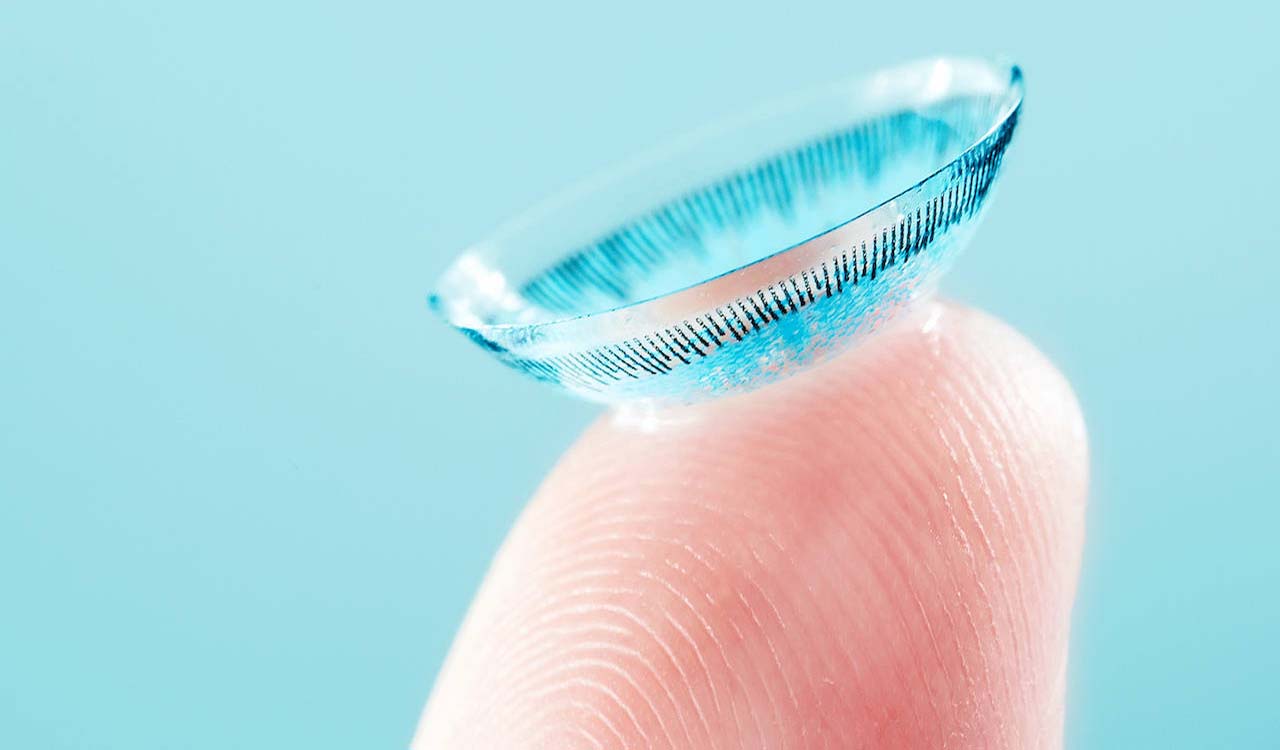Glowing contact lenses could reduce vision loss in diabetics
Sport & Fitness
Researchers have developed contact lenses containing glowing tritium gas that could reduce the vision loss associated with type-2 diabetes.
Type-2 diabetes leads to eventual visual impairment in most sufferers. This is thought to be due to damage to the blood vessels in the eye, which restricts oxygen flow to certain cells. These ‘rod’ cells require more oxygen at night when it is dark. To combat this effect, a team of researchers at Caltech have developed contact lenses that users will wear throughout the night. The contact lenses contain radial rods of radioactive tritium (a form of hydrogen) gas. A phosphorescent coating within the rods causes the tritium to glow as it decays. It thereby emits a light source directly onto the retina. This consistent source of light throughout the night aims to keep the rod cells in a less oxygen-demanding state. By doing so, it reduces the accumulative effects of vision loss.
While the idea of contact lenses may seem invasive for some users, the researchers chose them as their light source for a number of reasons. External light sources can be too intrusive and distracting to users, preventing or disrupting sleep patterns. Face masks can also slip off in the night and be uncomfortable to users. The lenses will stay fixed on the eye, shining directly onto the retina throughout sleep. They will not move even as users move their eyes around while dreaming. Users will quickly adapt to the faint glow of the lenses, with the brain making adjustments so that the constant signal won’t be disruptive to the onset of sleep. The team has already begun showcasing their lenses at seed launch competitions and will be conducting more tests before seeking FDA approval to begin clinical trials.
We’ve previously seen how contact lenses can be used to slowly release drugs into users bodies. Are there other hidden benefits that contact lenses could yield?
14th May 2018
Email: evelasco@caltech.edu
Website: www.caltech.edu
Contact: evelasco@caltech.edu






